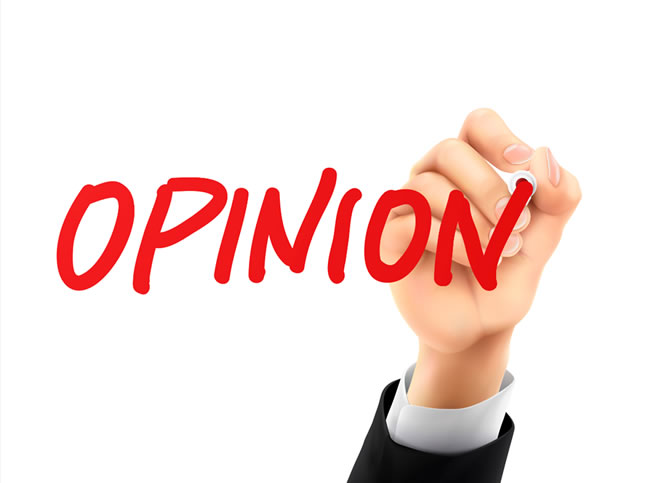IN a world inundated with entertainment options, where our choices often reflect the values we hold dear, the spectacle known as “Big Brother Naija” (BBNaija) has emerged as a cultural juggernaut, attracting a massive following. While I have never been a participant in this reality show’s viewership, my occasional encounters with clips on the internet have left me both bewildered and deeply contemplative. As I observe this phenomenon over the years, I cannot help but question its moral implications and the ethical quandaries it poses. The BBNaija narrative, as portrayed through these glimpses, appears to be a disconcerting blend of sensationalism, immorality, and a troubling reflection of what society finds entertaining. It compels me to ponder whether the entertainment derived from such a show is truly worth the ethical cost it incurs. The attraction to BBNaija is undeniable. It’s a magnetic force that lures viewers into a world filled with drama, conflict, and sensationalism. Yet, beneath the surface, it raises a fundamental question: At what point does our quest for entertainment lead us to compromise our ethical standards?
What troubles me most is the seeming erosion of moral values within the confines of the BBNaija house. Participants willingly engage in behaviours that many would consider inappropriate or even morally reprehensible. The show’s emphasis on sensationalism and controversy not only blurs the line between what’s acceptable and what’s not but also normalizes actions that, in any other context, might be seen as deeply troubling. The prevalence of intimate relationships, often calculated for screen time and popularity, stands as a stark example. While personal choices should be respected, the explicit and calculated nature of these liaisons raises questions about the authenticity of emotions involved. It leads one to ponder whether the pursuit of entertainment should come at the cost of reducing the sacredness of genuine human connections to a mere spectacle. Furthermore, the alliances formed within the BBNaija house, frequently based on deceit and ulterior motives, reflect a disconcerting aspect of the show. It blurs the boundaries between reality and performance, often leaving viewers unsure of what is genuine and what is contrived. Does this not beg the question of whether we are cheering for authenticity or becoming passive spectators in a scripted drama?
As we observe from the outside, lines are crossed, moral compasses waver, and respect and integrity are discarded in the pursuit of reactions and screen time. It is disheartening to witness the erosion of privacy, that sacred sanctuary of the soul, the very cornerstone of dignity all in the name of entertainment. The contestants, in their quest for celebrity status, unwittingly compromise the very essence of their character. The prevalence of such behavior raises an uncomfortable but essential question: What does our attraction to a show like BBNaija say about us as a society? Are we so captivated by the spectacle that we are willing to turn a blind eye to the ethical dilemmas it presents? Is this the kind of entertainment that truly reflects our values and aspirations? BBNaija’s impact goes beyond its contestants and viewers; it has a ripple effect on the broader society. As we become accustomed to an exposure we might never wish for ourselves or our children, we inadvertently contribute to a culture of desensitization. The normalized spectacle of manipulation, deceit, and emotional turbulence can seep into our collective consciousness, shaping our perceptions of what is acceptable in interpersonal relationships.
Even though as a society we grapple with complex societal challenges such as economic disparities, political divisions, and social inequality yet, BBNaija, with its glittering facade, demands our attention. But, what are we truly gaining from this attention? Does it contribute meaningfully to our growth and development as individuals and as a society? As I reflect on this from my vantage point as a concerned observer, I implore the BBNaija audience to consider the ethical cost of their entertainment choices. As each an everyone of you sit in your home, clapping at the highs and shaking your heads at the lows, don’t forget your role. You are the jury, the ones who validate these actions with your attention. Perhaps the most intriguing character of this reality show is not within its walls, but in the living rooms of those who watch, cheer, and ponder the ethical dance it presents. Ultimately, “Big Brother Naija” is undeniably a cultural phenomenon that has captured the imagination of millions. However, its moral implications and ethical dilemmas should not be overlooked. As we continue to engage with this show, we must ask ourselves whether the entertainment it offers is truly worth the ethical cost it extracts. We, as viewers, hold the power to shape the narrative and determine the values we champion in our society. Let us choose wisely, for our entertainment choices reflect not only who we are but also who we aspire to be.
- Akinsola, a freelance content writer, writes in from Lagos.
READ ALSO FROM NIGERIAN TRIBUNE
WATCH TOP VIDEOS FROM NIGERIAN TRIBUNE TV
- Relationship Hangout: Public vs Private Proposals – Which Truly Wins in Love?
- “No” Is a Complete Sentence: Why You Should Stop Feeling Guilty
- Relationship Hangout: Friendship Talk 2025 – How to Be a Good Friend & Big Questions on Friendship
- Police Overpower Armed Robbers in Ibadan After Fierce Struggle






